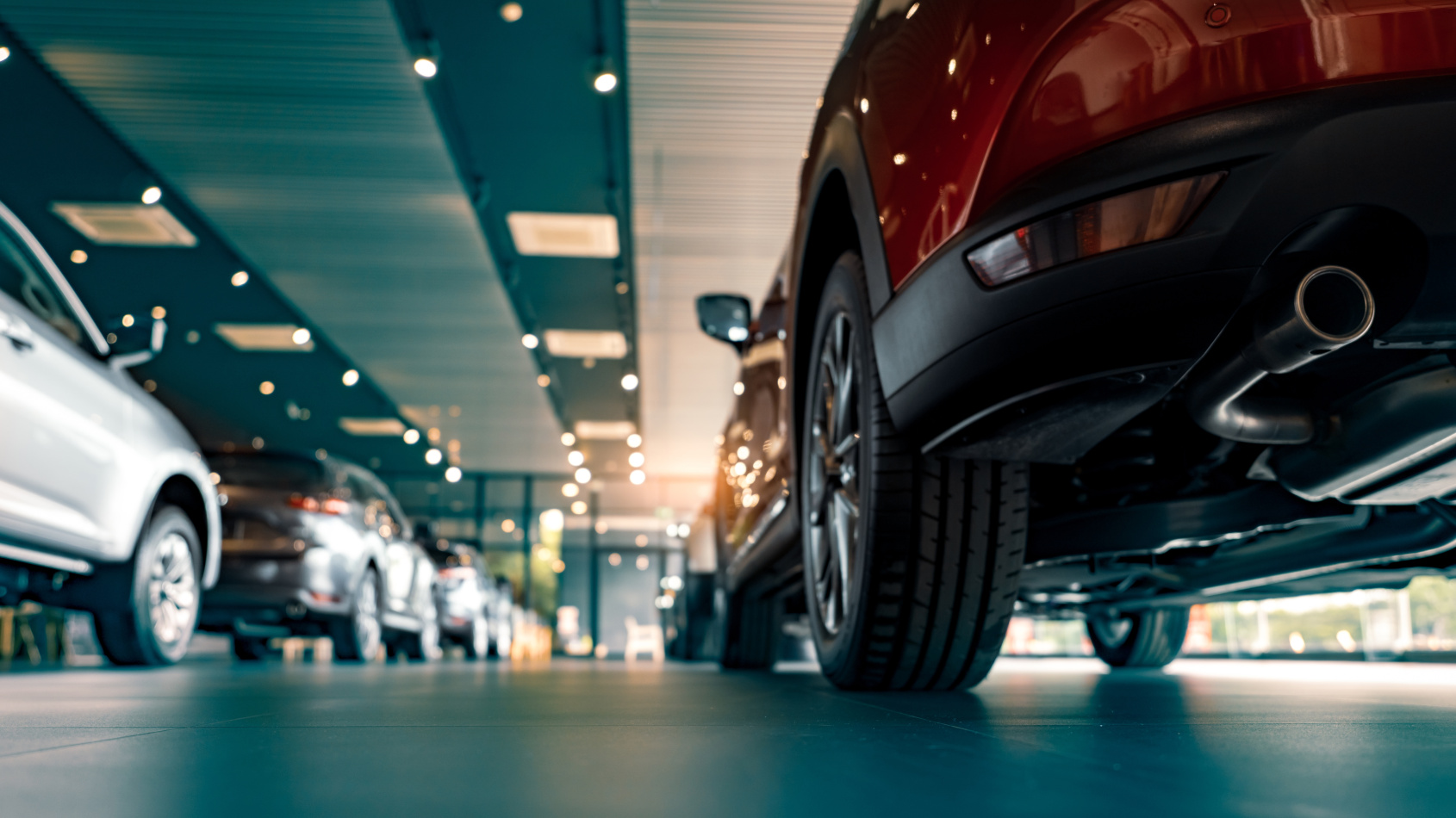COMMENTARY: Q3 earnings season delivered clear message in auto retail

Image by Fahroni / Shutterstock.com
By subscribing, you agree to receive communications from Auto Remarketing and our partners in accordance with our Privacy Policy. We may share your information with select partners and sponsors who may contact you about their products and services. You may unsubscribe at any time.
The third-quarter earnings season delivered a clear message to auto dealerships: the era of easy, outsized profits from new-vehicle sales is fading. With a slowing economy squeezing middle-market affordability, elevated interest rates cooling the sales pace, and lingering cost pressures from tariffs, the financial heavy lifting must now shift decisively.
The only logical, sustainable, and high-margin profit center left to bear this weight is the service lane.
Historically viewed as simply the “back end,” the service department must now be recognized as the dealership’s core engine for revenue stability and long-term customer value. For many franchise dealers, fixed operations (parts and service) already account for nearly half of total gross profit, significantly outpacing the thinner margins of new- and used-car sales.
This trend is only accelerating as consumers, facing record average vehicle prices, choose to hold onto their current cars for longer — meaning more service visits, not fewer.
Imperative of efficiency
This financial reality makes service lane efficiency non-negotiable. Customers today have zero tolerance for friction. Long wait times, slow check-ins, poor communication, and delays waiting for parts or an available technician are no longer minor annoyances; they are direct paths to customer defection.
The average non-dealer repair shop is actively competing on speed and convenience, and every moment of inefficiency in your lane gives a customer a reason to try the competitor down the street.
Subscribe to Auto Remarketing to stay informed and stay ahead.
By subscribing, you agree to receive communications from Auto Remarketing and our partners in accordance with our Privacy Policy. We may share your information with select partners and sponsors who may contact you about their products and services. You may unsubscribe at any time.
To drive more revenue, a dealership must dramatically increase its throughput, the volume of vehicles it can service quickly and effectively. This means prioritizing technology that eliminates bottlenecks:
- Digital check-ins: Utilizing tablets for immediate, paperless vehicle intake by advisors, allowing for real-time data capture and reducing time-in-lane.
- Real-time communications: Implementing text and video-enabled inspection updates that allow customers to view the required work and approve repairs digitally from their phone, cutting down approval time from hours to minutes.
- Technician optimization: Using smart scheduling and real-time tracking to ensure technicians aren’t waiting for a bay, a part, or a dispatcher, maximizing their wrench time.
An efficient service lane isn’t just about faster repairs; it’s about building trust and loyalty. A customer who gets a seamless, transparent, and prompt experience is not only more likely to approve recommended upsells but is also statistically 2.5 times more likely to buy their next vehicle from your dealership.
In an increasingly challenging auto sales market, the service lane is the dealership’s defensive moat. By aggressively investing in efficiency, dealers can convert every maintenance visit into a high-margin transaction, solidify customer retention, and ensure a stable and profitable business model, regardless of the next economic headwind.
The time for the service lane to take center stage is now.
Euwart Anderson is the general manager of Vehlo’s Dealership Division, leading the performance, strategic direction, and growth of Dealerlogix, Text2Drive, eAdvisor, RapidRecon, and Velocity Automotive.


